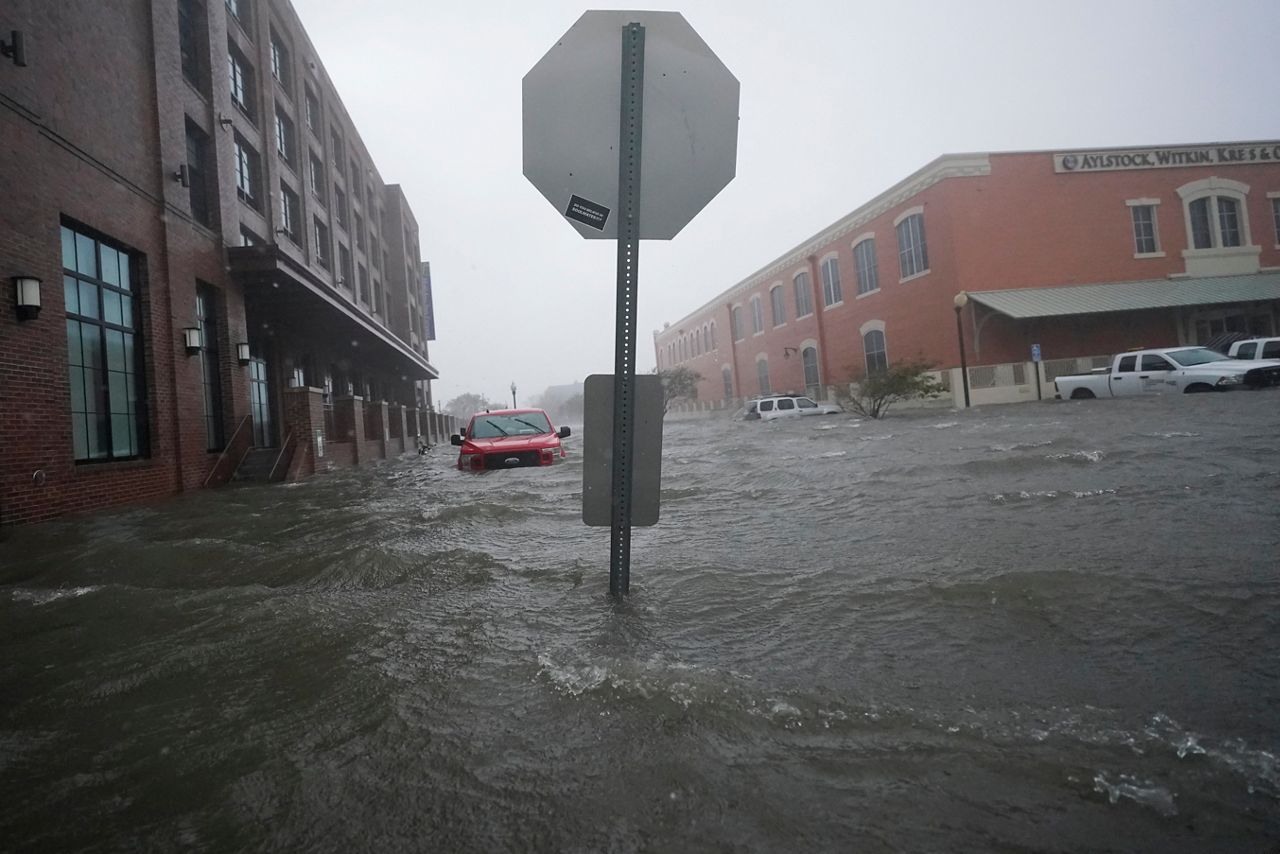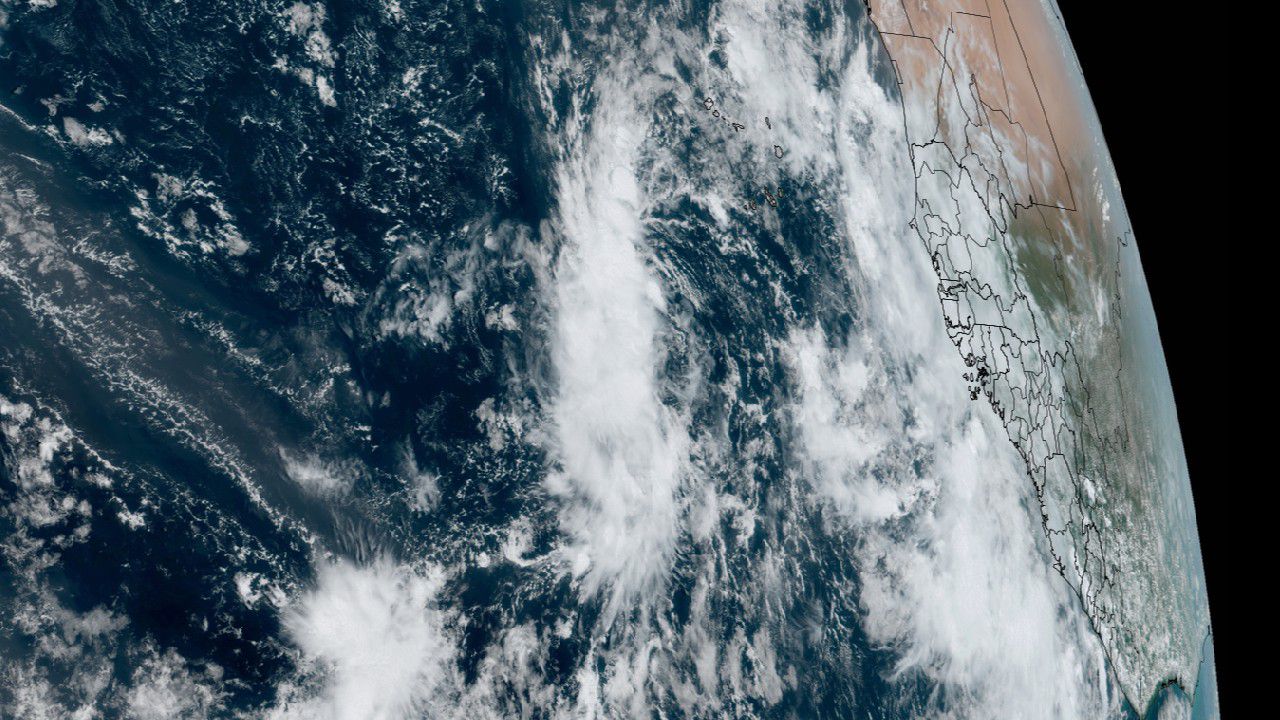The first week in May marks National Hurricane Preparedness Week. The best time to know about a hurricane’s threats and what you can do to prepare is before one forms.
Forecasters expect another active season this year, so we’ve put together a list of helpful information and tips to get you ready for the season.
Formation
Early in the season, tropical storms typically develop in the Gulf of Mexico or off the Southeast coast. Later in the season, thunderstorms commonly roll off the west coast of Africa, sometimes developing into hurricanes. Some curve out at sea, but other times they continue westward toward the U.S.
Satellite image of Tropical Depression Seventeen off the coast of Africa on on Sep. 19, 2021. It would later become Tropical Storm Rose. (NOAA)
Regardless of where they form, tropical systems need the right ingredients to develop and grow.
Measuring and tracking hurricanes
Hurricanes get categorized based on their wind speed using the Saffir-Simpson Hurricane Wind Scale. However, a hurricane’s category number doesn’t tell the full story; for example, a slow-moving Category 1 can produce devastating flooding.
Forecasters show the center of a tropical system’s likely path as a cone. Remember, though, that impacts can (and often do) happen outside the cone.
A hurricane’s threats
Wind speed categorizes a hurricane, but its other threats are often more dangerous.
Storm surge is the deadliest hurricane hazard, making up half of the fatalities from 1963 to 2012. Even after the strongest winds diminish, inland flooding can become a big problem.
One area of a hurricane tends to become especially harsh.

Water from Hurricane Sally inundates streets in Pensacola, Florida in September 2020. (AP Photo/Gerald Herbert)
Be ready
Before a storm is bearing down, do an insurance checkup and review your evacuation plan. Ensure you have supplies ready, including things that can get you through an extended power outage.
As our Spectrum News meteorologists say, “don’t be scared; be prepared.” Dealing with a hurricane is stressful enough, so taking care of what you can ahead of time will let you focus on more urgent issues when–not if–the time comes.

